So this is Hadrian.
He was one of the five good emperors. Quite an interesting story behind this concept of five good emperors from here.
The rulers commonly known as the "Five Good Emperors" were Nerva, Trajan, Hadrian, Antoninus Pius and Marcus Aurelius.[4] The term Five Good Emperors was coined by the political philosopher Niccolò Machiavelli in 1503:
From the study of this history we may also learn how a good government is to be established; for while all the emperors who succeeded to the throne by birth, except Titus, were bad, all were good who succeeded by adoption, as in the case of the five from Nerva to Marcus. But as soon as the empire fell once more to the heirs by birth, its ruin recommenced.[5]
Machiavelli argued that these adopted emperors, through good rule, earned the respect of those around them:
Titus, Nerva, Trajan, Hadrian, Antoninus, and Marcus had no need of praetorian cohorts, or of countless legions to guard them, but were defended by their own good lives, the good-will of their subjects, and the attachment of the senate.[5]
The 18th-century historian Edward Gibbon, in his work The History of the Decline and Fall of the Roman Empire, opined that their rule was a time when "the Roman Empire was governed by absolute power, under the guidance of wisdom and virtue".[6] Gibbon believed these benevolent dictators and their moderate policies were unusual and contrasted with their more tyrannical and oppressive successors (their predecessors are not covered by Gibbon).
Gibbon went so far as to state:
If a man were called to fix the period in the history of the world during which the condition of the human race was most happy and prosperous, he would, without hesitation, name that which elapsed from the death of Domitian to the accession of Commodus. The vast extent of the Roman Empire was governed by absolute power, under the guidance of virtue and wisdom. The armies were restrained by the firm but gentle hand of four successive emperors, whose characters and authority commanded respect. The forms of the civil administration were carefully preserved by Nerva, Trajan, Hadrian and the Antonines, who delighted in the image of liberty, and were pleased with considering themselves as the accountable ministers of the laws. Such princes deserved the honour of restoring the republic, had the Romans of their days been capable of enjoying a rational freedom.
Look at those eyes…bloody powerful, staring, determined eyes.
He was Hadrian’s lover, and after Antinous died, was deified and worshipped across the empire. A truly beautiful man.

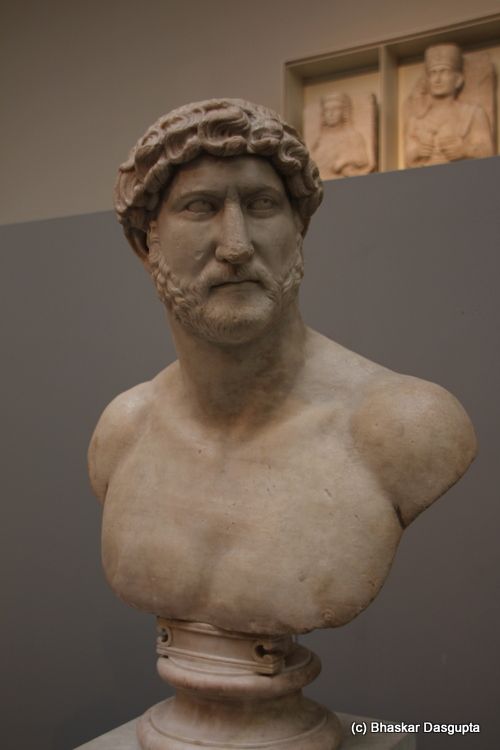
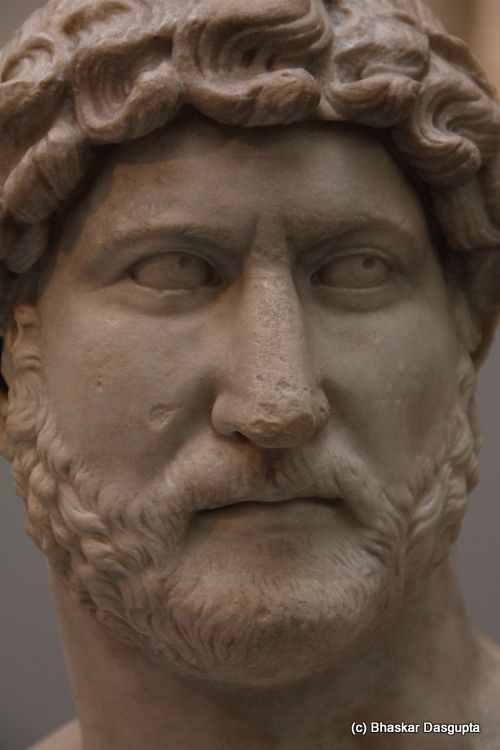
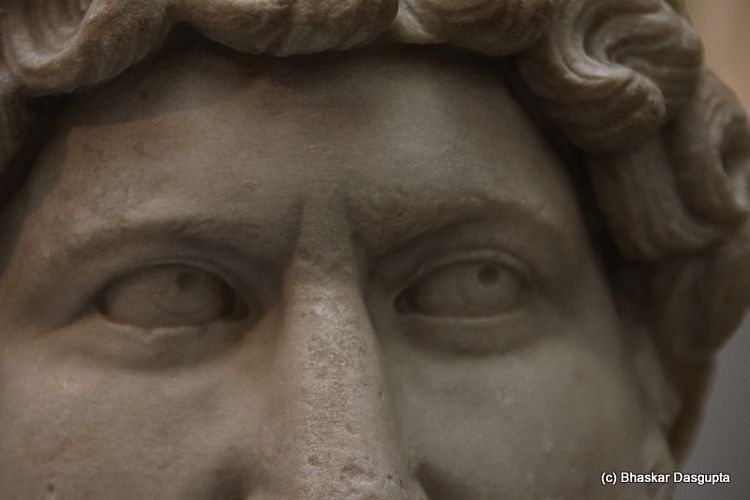
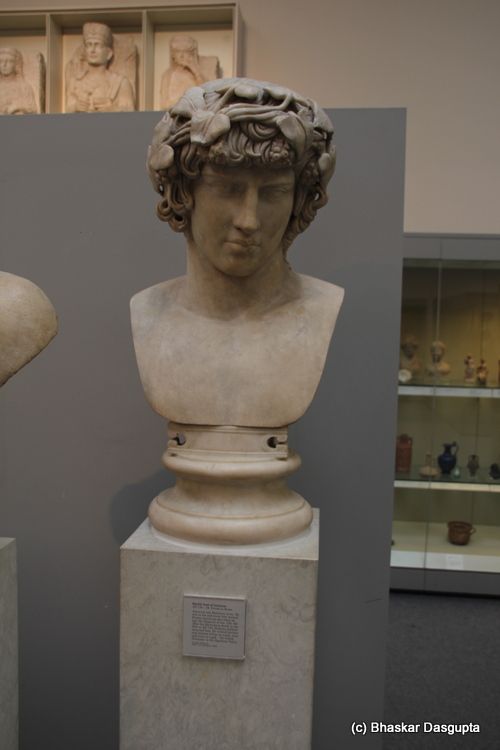
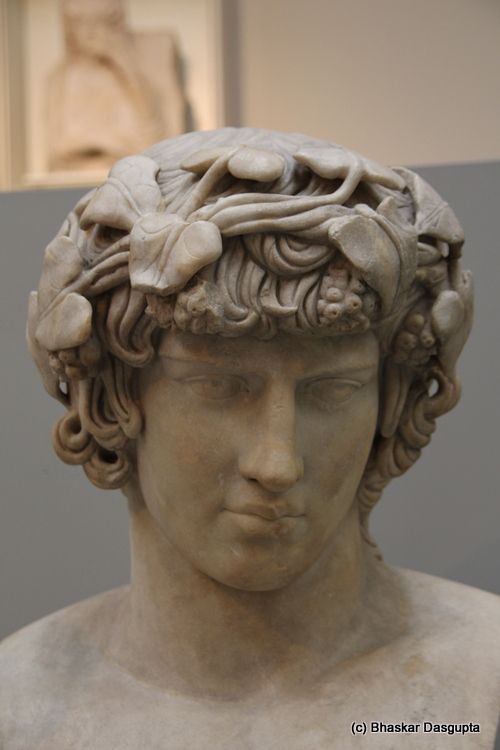
No comments:
Post a Comment